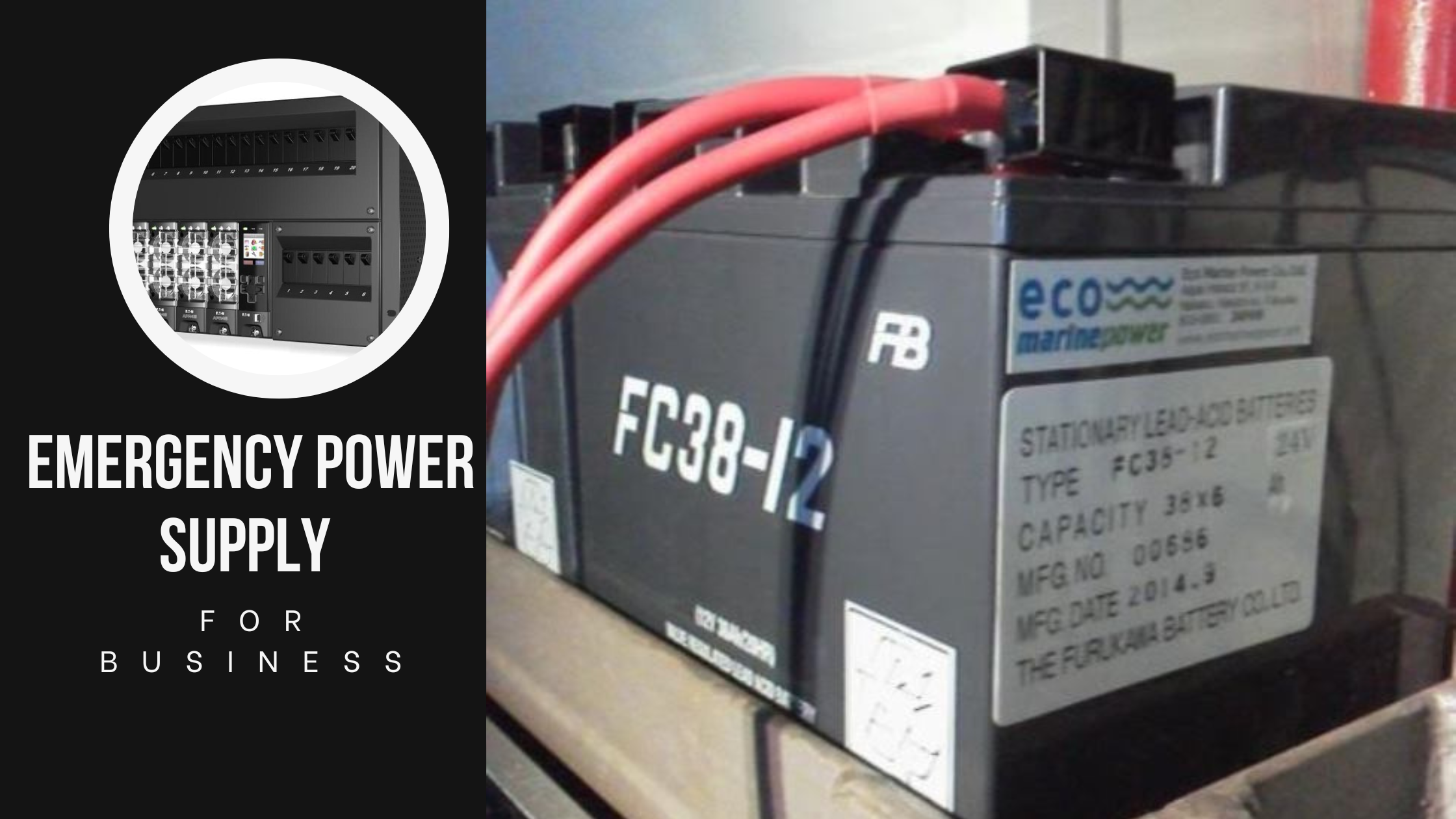
Emergency Power Supply For Businesses In High-Risk Areas
In today’s modern world, power is one of the most critical and basic needs for any business or enterprise. Power outages, whether due to natural disasters, system failures, or other reasons, can result in significant disruptions and financial losses. In high-risk areas prone to power outages, it is even more critical to have a reliable emergency power supply. This article will explore the importance of emergency power supply for businesses operating in high-risk areas, its benefits, and some of the best solutions available.
The Importance of Emergency Power Supply for Businesses in High-Risk Areas
Emergency power supply for businesses in high risk areas is important for the following reasons.
Natural Disaster
For businesses operating in high-risk areas, an emergency power supply can be the difference between continuity and disaster. High-risk areas are typically those that are prone to natural disasters such as earthquakes, hurricanes, tornadoes, and floods. In such areas, power outages are common, and businesses must be prepared to handle them to avoid significant disruptions.
Frequent Power Outage
In addition to natural disasters, high-risk areas can also be those with poor or unstable power grids, leading to frequent power outages. These outages can lead to lost productivity, damage to equipment, and lost revenue. In some cases, power outages can result in safety hazards, especially in industries such as healthcare or critical infrastructure.
Benefits of Emergency Power Supply for Businesses in High-Risk Areas
The following are the benefits of emergency power supply for businesses in high-risk areas
Business Continuity
The benefits of emergency power supply for businesses operating in high-risk areas are numerous. One of the most significant benefits is the ability to maintain business continuity during a power outage. With a reliable emergency power supply, businesses can continue operations and provide uninterrupted services to their customers or clients, regardless of the circumstances.
Protection Of Critical Infrastructure
Emergency power supply also helps protect critical infrastructure, such as computer servers, data centers, and communication systems, from power surges or outages. In the case of healthcare facilities, emergency power supply is crucial for maintaining life-support equipment, such as ventilators and monitors, during power outages.
Protection Of Perishable Goods
Another benefit of emergency power supply is that it can help protect perishable goods, such as food and medicine, from spoiling during power outages. Backup power can keep refrigeration systems and freezers running, preventing spoilage and potential financial loss.
Solutions For Emergency Power Supply In High-Risk Areas
Businesses in high-risk areas can choose from several emergency power supply solutions to maintain continuity during power outages. Here are some of the most common solutions:
Diesel Generators
Diesel generators are a popular solution for businesses that require a reliable and cost-effective emergency power supply. They are ideal for longer power outages and can provide power for several hours or even days. They are also low-maintenance and have a long lifespan.
Uninterruptible Power Supply (UPS)
A UPS is an electrical device that provides backup power to critical equipment during power outages. UPS systems typically provide short-term power supply, lasting only a few minutes, but can provide enough time for businesses to shut down their equipment safely or switch to a backup power source.
Solar Power Backup
Solar power backup is an excellent option for businesses in high-risk areas that receive ample sunlight. The solar panels can provide backup power during the day, and excess power can be stored in batteries for use during power outages.
Important aspects to consider when implementing an emergency power supply system for businesses in high-risk areas
Here are some additional points to keep in mind:
Regular Maintenance
Emergency power supply systems require regular maintenance and testing to ensure that they are working correctly. Regular maintenance can identify and address any issues before a power outage occurs, ensuring that the backup power supply is ready when needed.
Capacity Planning
When choosing an emergency power supply system, it’s essential to consider the capacity required to power the critical equipment and systems in the event of an outage. Businesses should conduct a thorough assessment of their power needs and select a system with enough capacity to meet those needs.
Training
In addition to regular maintenance, it’s essential to ensure that staff are trained on how to use the emergency power supply system properly. This includes understanding the system’s operation, maintenance, and safety procedures.
Regulatory Compliance
Businesses operating in high-risk areas are subject to specific safety and building codes that may require an emergency power supply. It’s essential to understand and comply with these regulations to avoid potential fines or legal action.
Scalability
As businesses grow and expand, their power needs may also increase. It’s important to consider the scalability of the emergency power supply system to ensure that it can accommodate future growth.
Use Professionals
In addition to these factors, it’s also important to work with experienced professionals when selecting and installing an emergency power supply system. These experts can provide guidance on the best solutions for specific business needs and ensure that the system is installed and maintained correctly.
Conclusion
In conclusion, emergency power supply is a critical consideration for businesses operating in high-risk areas. While there are several solutions available, choosing the right one requires careful planning, assessment of power needs, and understanding of regulatory compliance. By implementing a reliable emergency power supply system, businesses can minimize the impact of power outages and ensure continuity during emergencies.


